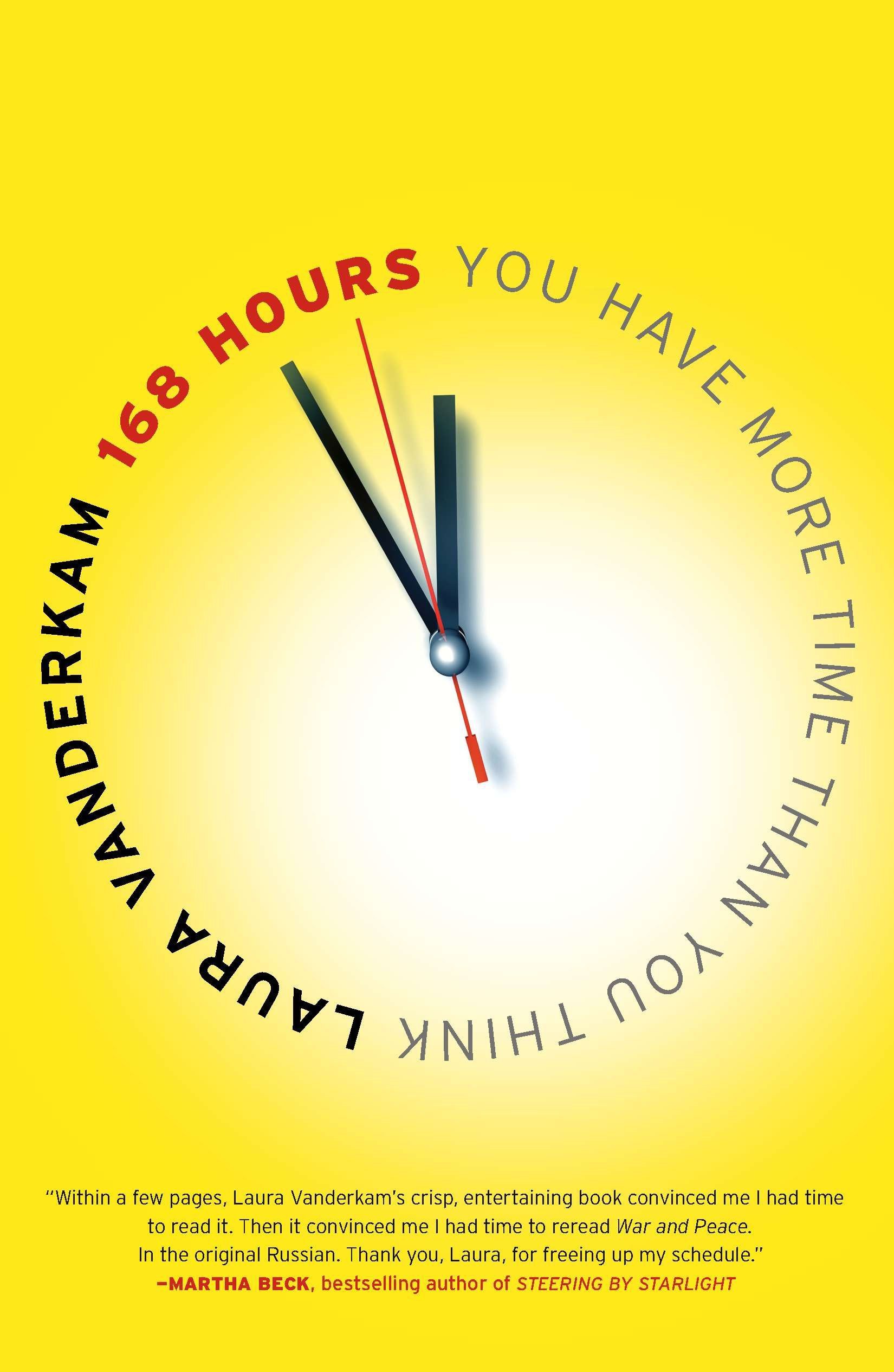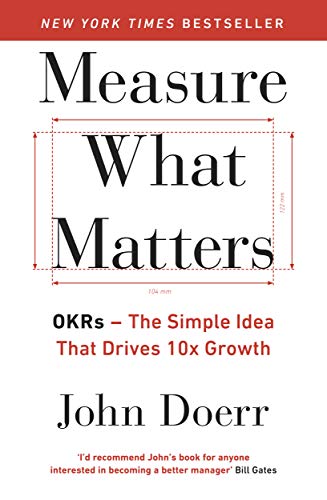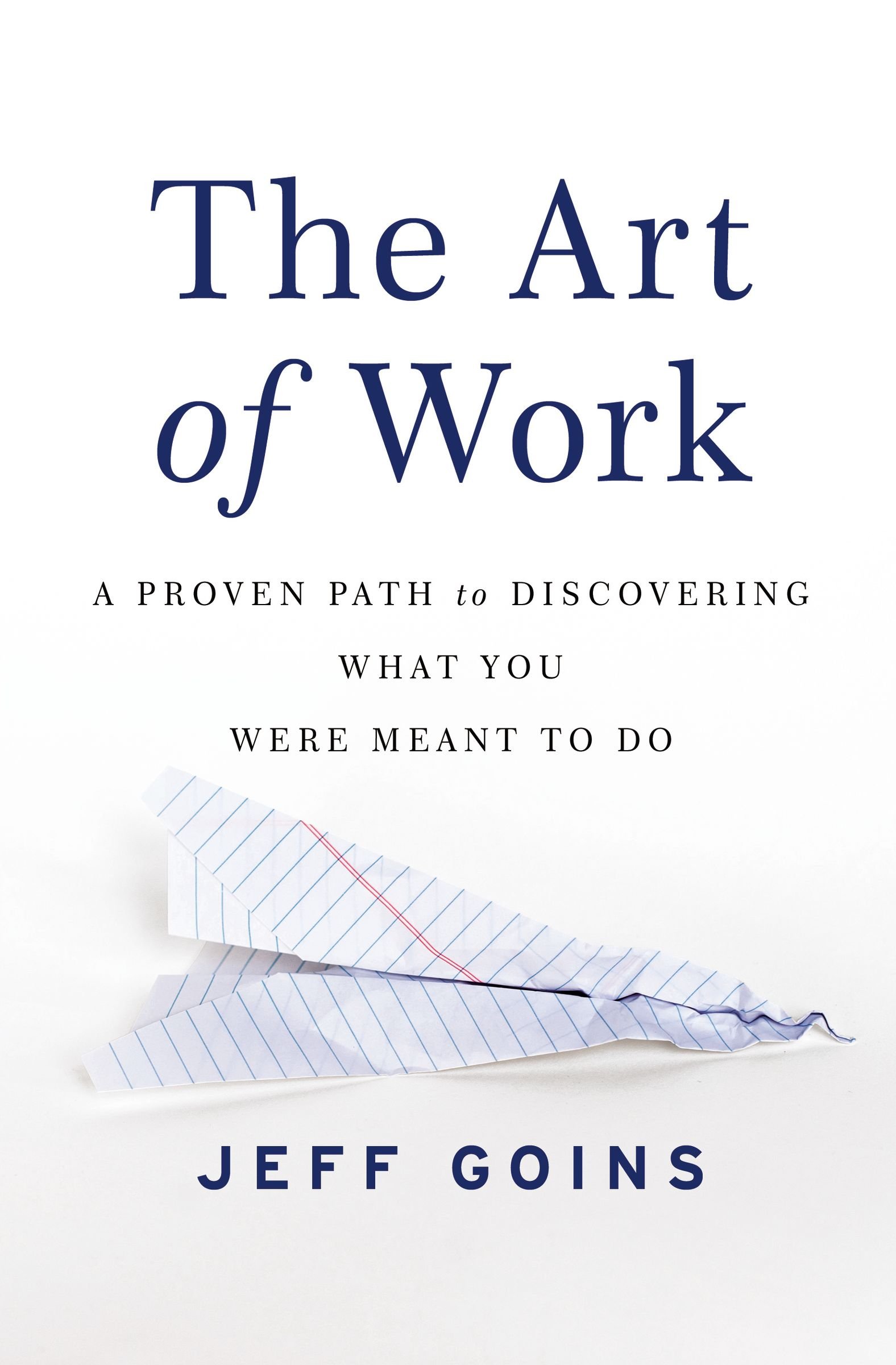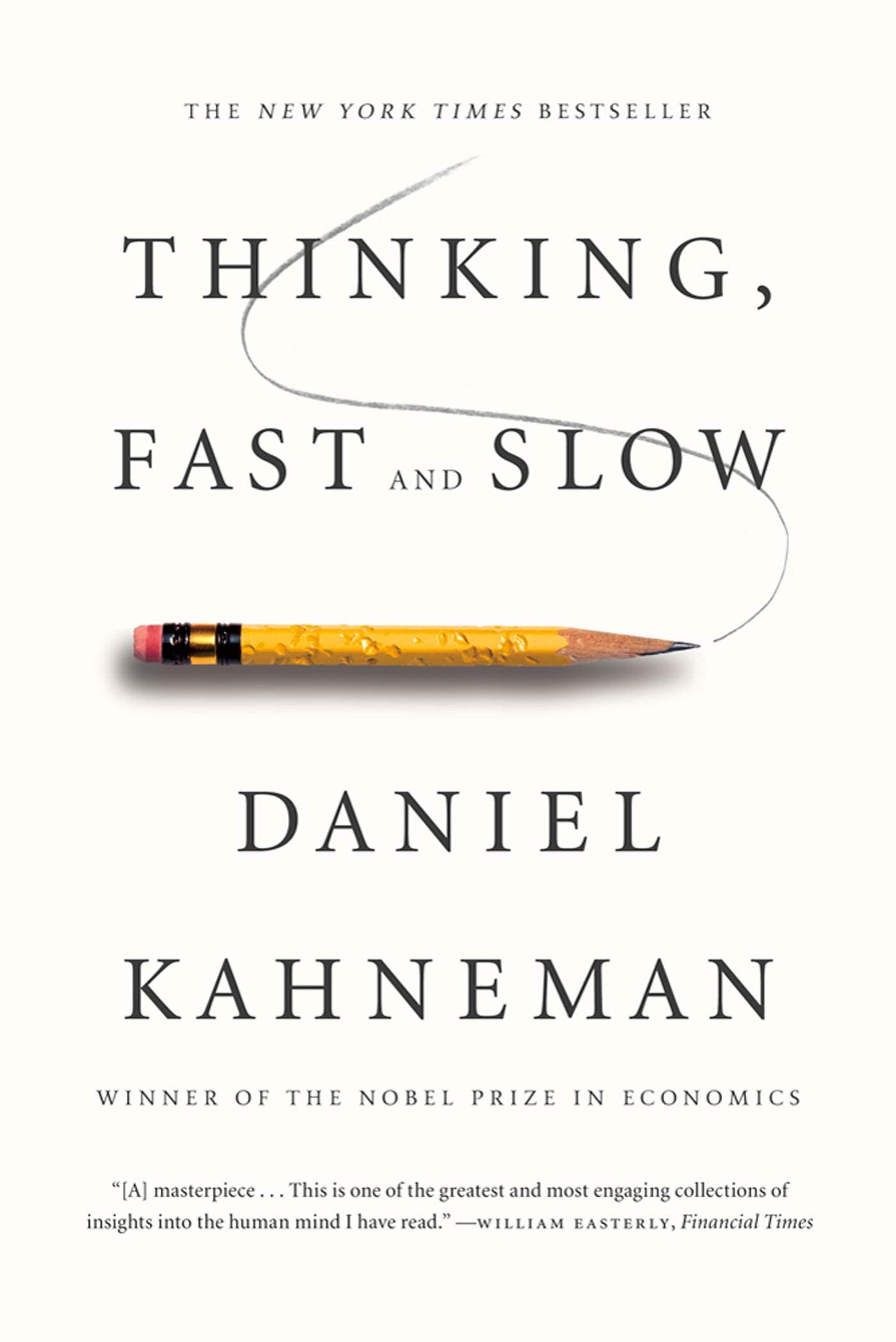Fill up your week with the tasks that only you can do

168 hours by Laura Vanderkam is a time-management book that encourages us to concentrate on the most meaningful tasks first, then there should be plenty of hours in the week. Whilst this does initially sound ridiculous, of course there isn’t enough time, Vanderkam does make a strong argument.
The main message is to plan your life a week at a time by focusing on the hours spent doing your most important activities (that only you can do) first. Then fit everything else in around that, much like the story about filling a jar with sand, rocks, and pebbles. Even after subtracting time for sleep, work, and other necessary tasks, there generally are enough hours in the week.
Key points:
- We should focus on spending our time doing things that align with the person we want to be.
- [Remember the person we ‘want to be’ is the ‘human’, rather than the ‘chimp’.]
- To effectively manage our time, we should plan our week in advance, first identifying time for the important things.
- Starting with a blank weekly planner can be helpful.
- Research shows that most people work less than they report, and the challenge is fitting everything together.
- Conducting our own time monitoring study can help.
- It’s important to take ownership of our time. Avoid using phrases like “I don’t have time.”
- Instead, talk about priorities – reinforcing spending as much time as possible on what only we can do (our “core competencies”)
- Spending quality time with our children (e.g. playing, reading) is a core competency, whereas cooking/cleaning isn’t (unless that what we really want to do)
- When considering our career path, ask: “What do I want to do?” (i.e. what physical actions) – the aim is to increase the proportion of time we spend in the flow state at work.
- Consider work as something that is advancing us towards where we want to be.
- For (big) goals, estimate how long each task will take us and how to fit them in weekly, considering the long-term picture for large tasks
- [Note: in general we grossly under-estimate how long it takes us to do projects. Double or tripling our original estimate is probably correct.]
- Identify which tasks actually contribute to our ‘end goal’ [assuming we have one…]
- To make real progress in almost any field, we need to do a minimum of 30 hours of good work (i.e. DeepWork) per week
- Usually also requires additional hours of menial tasks (e.g. emails).
- Minimise, ignore, and outsource as many home activities as possible, so we can focus on spending quality time with our children.
- Plan our leisure time in a structured way to avoid wasting time watching TV [unless that is what we really want, of course].
- Plan how to use 10 or 30-minute gaps to do meaningful things, but may need to be organised to have the right equipment with us.
My main difficulty with this methodology is that it works best for people who have significant flexibility with their work (and other aspects of their lives). Also, I think that many people who read this book will have already tried to optimise their time management so might not find enormous gains to be made. However, we can all do with being reminded to put the most important things first.
More books like this:
- Essentialism by Greg McKeown
- Make time by Jake Knapp and John Zeratsky
- Getting things done by David Allenm




